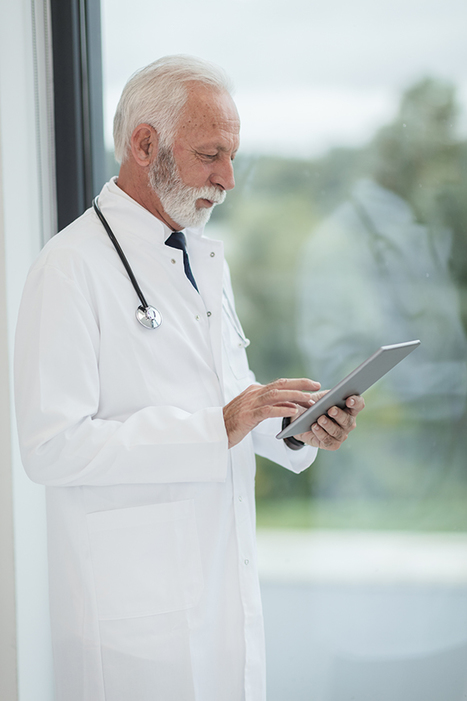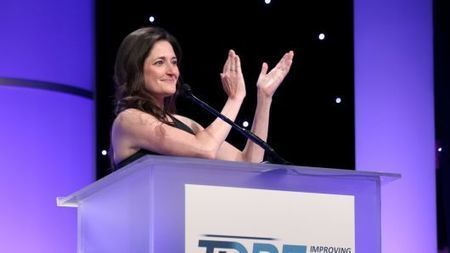Atypical eye gaze is an early-emerging symptom of autism spectrum disorder (ASD) and holds promise for autism screening.
Current eye-tracking methods are expensive and require special equipment and calibration. There is a need for scalable, feasible methods for measuring eye gaze.
This case-control study examines whether a mobile app that displays strategically designed brief movies can elicit and quantify differences in eye-gaze patterns of toddlers with autism spectrum disorder (ASD) vs those with typical development.
In effect, using computational methods based on computer vision analysis, can a smartphone or tablet be used in real-world settings to reliably detect early symptoms of autism spectrum disorder?
Findings
In this study, a mobile device application deployed on a smartphone or tablet and used during a pediatric visit detected distinctive eye-gaze patterns in toddlers with autism spectrum disorder compared with typically developing toddlers, which were characterized by reduced attention to social stimuli and deficits in coordinating gaze with speech sounds.
What this means
These methods may have potential for developing scalable autism screening tools, exportable to natural settings, and enabling data sets amenable to machine learning.
Conclusions and Relevance
The app reliably measured both known and new gaze biomarkers that distinguished toddlers with ASD vs typical development. These novel results may have potential for developing scalable autism screening tools, exportable to natural settings, and enabling data sets amenable to machine learning.
read the study at https://jamanetwork.com/journals/jamapediatrics/fullarticle/2779395



 Your new post is loading...
Your new post is loading...










Identifying autism in toddlers is helpful to starting care for it early. This study's results demonstrate that with an app based approach coupled with an algorithmic approach, it is certainly possible to get possibly affected children in for detailed clinical evaluations earlier and fairly cheaply.
Thus, doctors will be able to install an app on their smartphone/tablet, one that is capable of analyzing the visual gaze of a toddler in order to determine if they may be on the autism spectrum.
And, in time, parents and family members will be able to download it onto their own smartphones/tablets carry out the screening themselves.